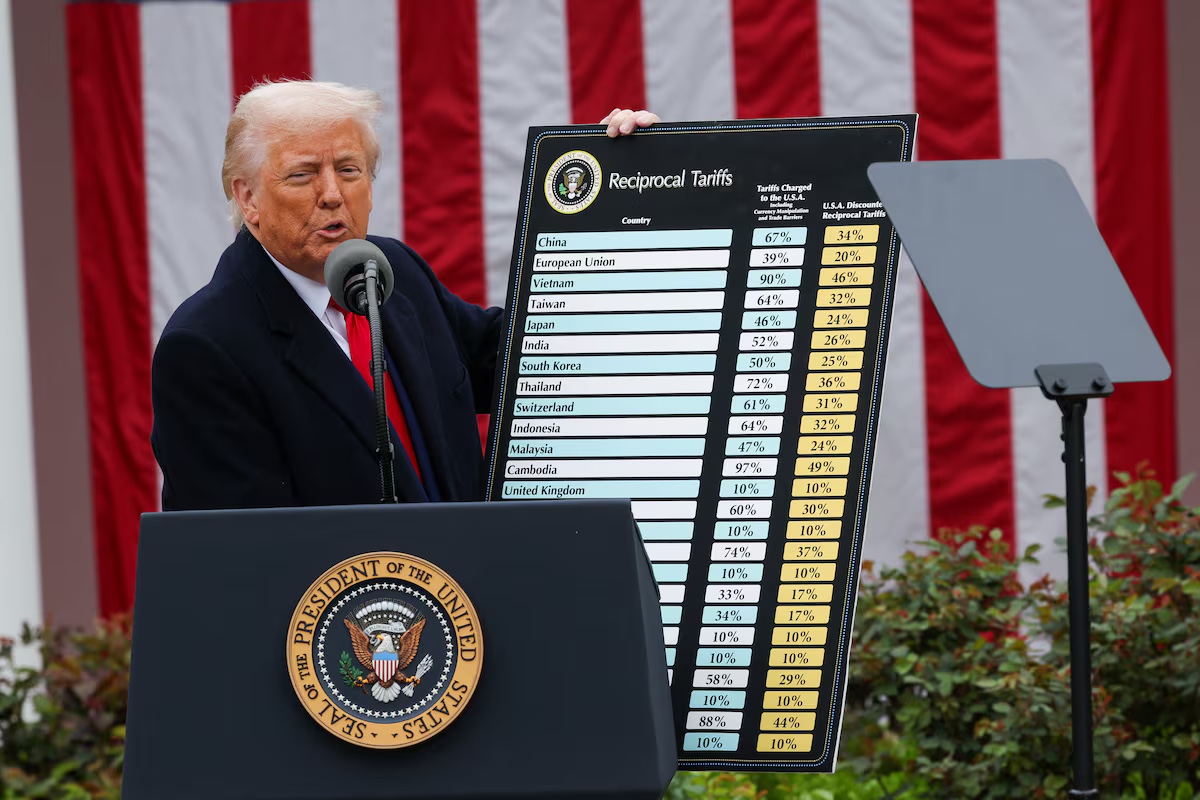HARARE – Zimbabwe’s Finance Minister Mthuli Ncube said on Friday that a staff-monitored programme with the International Monetary Fund would be delayed until the third quarter of 2024 after the country introduced a new currency, Zimbabwe Gold (ZiG).
An IMF programme would be part of the southern African country’s efforts to re-engage with the international financial community by demonstrating a track record of sound economic policies.
Zimbabwe had said last year that it hoped to have a programme agreed by April 2024, but that was delayed due to the introduction of the ZiG this month.
“We have moved the (staff-monitored programme) to the third quarter due to the new currency. We should not rush these things,” Ncube said on the sidelines of the World Bank and IMF spring meetings in Washington.
The government hopes that the gold-backed ZiG will be more stable and end the cycle of high inflation.
Ncube said the ZiG still needed time to be fully operational before engagements with the IMF could progress.
The new currency is Zimbabwe’s third in a decade, and has already faced challenges being adopted by informal market traders and customers. ZiG currently trades at 13.31 to the dollar, but black-market traders are selling it at 20 ZiG to the dollar.
“Whoever is trading on the alternative market is doing money laundering,” said Finance Secretary George Guvamatanga at the media briefing, saying the government would crack down on this.
Ncube added that the country was making inroads on discussions around its debt arrears clearance.
Zimbabwe has been locked out of international financial markets for more than two decades but recently committed to clearing about $6 billion in external debt.
“As part of the traditional methods of clearing arrears, Zimbabwe would need a sponsor… and we need about $2 billion,” said Ncube.
He added that they would be focusing on the World Bank and African Development Bank arrears, while looking to find additional sponsors.
















